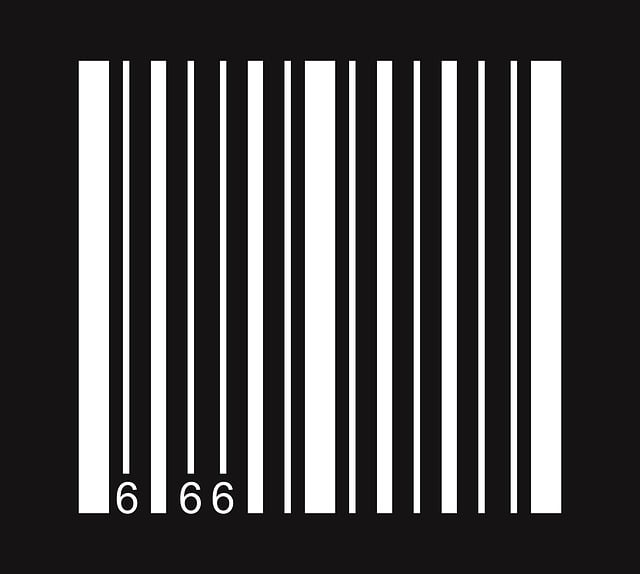Debt settlement and consolidation offer distinct methods to manage debt. Settlement involves negotiating with creditors for reduced balances, while consolidation combines multiple high-interest debts into a single loan at lower rates via online applications. Online debt consolidation tools provide accessibility, transparency, and repayment tracking. Eligibility for consolidation requires stable income and good credit; applying involves filling out forms and providing financial details. Choosing between settlement and consolidation depends on comfort with negotiation, creditworthiness, and preference for structured vs. potentially uncertain debt reduction. Using a verified online debt consolidation application offers easy access to top services.
Debt can be overwhelming, but understanding your options is crucial. This article guides you through two popular strategies: debt settlement and consolidation. We’ll explore how each works, focusing on the benefits of using online debt consolidation applications. Learn about eligibility criteria and discover effective strategies to choose the best path forward. Maximize your financial freedom by understanding these key concepts in today’s digital era.
- Understanding Debt Settlement and Consolidation
- Benefits of Online Debt Consolidation Applications
- Eligibility Criteria for Debt Consolidation
- Strategies to Choose Between Settlement and Consolidation
Understanding Debt Settlement and Consolidation

Debt settlement and consolidation are two distinct strategies for managing overwhelming debt. Debt settlement involves negotiating with creditors to reduce the outstanding balance on your debts. This process is often facilitated by a professional debt settlement company, which communicates with lenders on your behalf to secure more favorable terms. On the other hand, debt consolidation focuses on combining multiple high-interest debts into a single loan with a lower interest rate. Users can apply for this online, making it an accessible option, especially for those with bad credit looking for debt consolidation loans.
When considering these options, it’s crucial to understand that debt settlement may not always result in a lower overall debt amount but can significantly reduce monthly payments. In contrast, debt consolidation simplifies repayment by consolidating debts into one manageable loan, which can be particularly beneficial for individuals seeking an easy way to fix their debt with online debt consolidation services. However, the suitability of each method depends on individual financial situations, including credit scores and the types of debts held.
Benefits of Online Debt Consolidation Applications

The rise of digital technology has brought about a convenient solution for managing debt in the form of online debt consolidation applications. These innovative tools allow individuals to consolidate their debts, including private student loans, through a simple and streamlined process. One of the key benefits is accessibility; people can apply for debt consolidation online from the comfort of their homes, eliminating the need for lengthy visits to financial institutions. This digital approach simplifies the application process, making it easier for borrowers to understand and navigate.
Online platforms provide a transparent environment where verified providers offer clear terms and conditions. Borrowers can carefully review these details, ensuring they select a reputable service that suits their needs. The convenience of online debt consolidation extends beyond application; it also enables real-time tracking of repayment progress, empowering individuals to take control of their financial situations effectively.
Eligibility Criteria for Debt Consolidation

Debt consolidation is a popular option for those looking to streamline their debts, but it’s not without eligibility requirements. To apply for debt consolidation, individuals must meet certain criteria set by lenders and financial institutions. Typically, this includes having a steady income source, such as employment or investments, to ensure repayment ability. A good credit score is also essential, as it demonstrates responsible borrowing habits and increases the chances of securing favorable loan terms.
One common method for applying for debt consolidation is through an online platform. The process usually involves filling out a digital application form, providing detailed financial information, and explaining one’s current debt situation. This allows borrowers to find the best online debt consolidator that suits their needs. However, it’s crucial to be wary of potential online debt consolidation scams and thoroughly research any company before committing. By doing so, individuals can effectively reduce their monthly payments and work towards fixing their debt with the help of these digital tools.
Strategies to Choose Between Settlement and Consolidation

When deciding between debt settlement and consolidation, several strategies can guide your choice. One key factor is understanding your financial situation and goals. Debt consolidation application online allows for easy access to various top-rated online debt consolidation services. Evaluating your current debt load, interest rates, and repayment terms is essential. If you have high-interest debts or multiple lenders, consolidation could simplify repayment by combining them into a single loan with potentially lower rates.
On the other hand, debt settlement involves negotiating directly with creditors to reduce the overall balance. This approach requires good credit standing and communication skills. Verified online debt consolidation providers often offer free debt consolidation advice online, helping individuals navigate these negotiations effectively. Ultimately, the choice depends on your comfort level with negotiation, your creditworthiness, and whether you prefer a structured repayment plan (consolidation) or a potential but uncertain debt reduction (settlement).
When deciding between debt settlement and consolidation, choosing the right path depends on your unique financial situation. Online debt consolidation applications offer a convenient and accessible way to manage debt, with benefits like lower interest rates, fixed monthly payments, and potential tax advantages. However, not everyone qualifies for consolidation, and it’s crucial to understand the eligibility criteria. By comparing strategies and considering factors like current interest rates, credit score, and long-term financial goals, you can make an informed choice. Ultimately, both options can lead to debt relief, but they work differently, so it’s essential to select the approach that best suits your needs.
